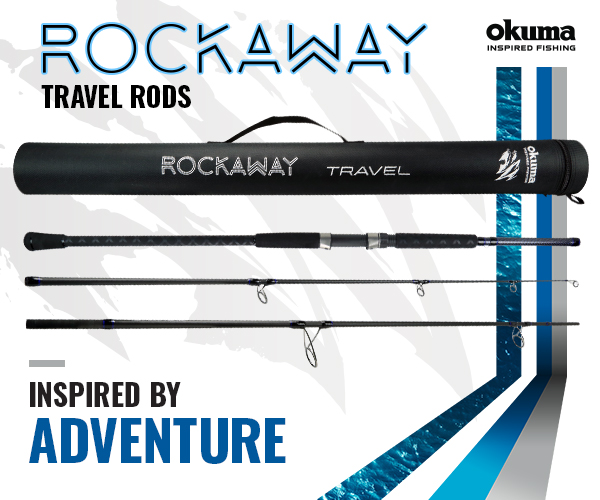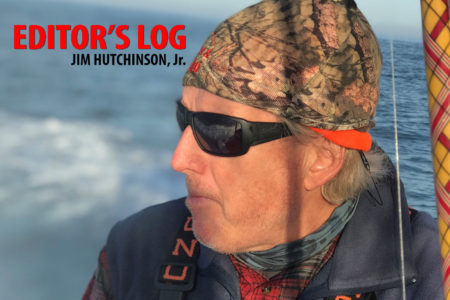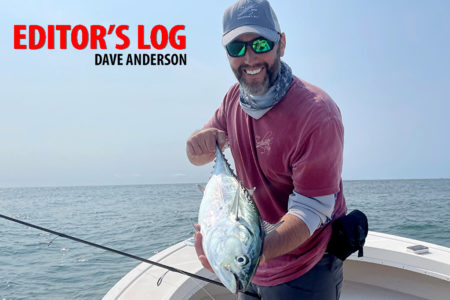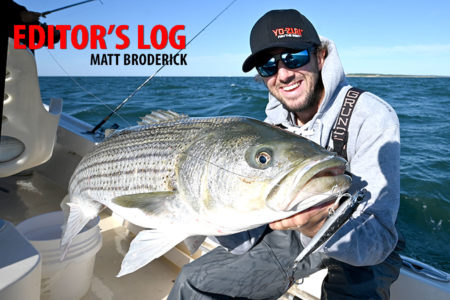At the September 7th meeting of the New Jersey Marine Fisheries Council (Council), the nine-member board – it should be 11, but that’s for another editor’s log – discussed striped bass management and apparent efforts by the Atlantic States Marine Fisheries Commission (ASMFC) to effectively disallow New Jersey’s use of unused commercial quota for the striped bass bonus program (SBBP). Clearly, Council members and New Jersey Division of Fish & Wildlife (Division) staffers are concerned.
Tom Fote, former New Jersey governor’s appointee at ASMFC and longtime legislative chair for the Jersey Coast Anglers Association (JCAA) said there was quite the battle in the late 80s to build support for making striped bass a “no sale” gamefish in New Jersey. “The culmination was in 1991 at a JCAA meeting at the Jersey Coast Shark Anglers building when Governor Florio signed the striped bass no-sale bill with Senator Lou Bassano on one side and Assemblyman John Paul Doyle on the other,” said Fote of a bill that many said would never get passed.
And with that the Division launched the SBBP to allow anglers an additional striped bass using a portion of that commercial quota, describing the main goal as allowing anglers to participate in the management process while enjoying their favorite recreational pastime. New Jersey’s total unused commercial striped bass quota stands at 215,912 pounds, and anglers who choose to participate in the SBBP are allotted a tag to retain one striper from 24 to less than 28 inches, agreeing to report their harvested bonus fish while maintaining detailed logbooks. “It is a popular program and provides valuable data for assessing stock status and fishing trends, making it an integral part of New Jersey’s striped bass management,” the Division states online.
According to official tallies, from 2005 to 2015 bonus permit holders averaged less than 10% of the available quota, which left over 90% of the allotted quota to swim free. In 2016, the annual SBBP harvest jumped to about 13%, with 17% of the available quota tallied in 2022. Comparatively speaking, Massachusetts has a commercial striper quota of 700,379 pounds. If I’m not mistaken, their commercial season opens June 16 and is not restricted exclusively to commercial fishermen, which is probably why Massachusetts filled their entire ’23 quota in just 53 days, given that just about anyone can become a part-time pinhooker by buying a license to kill 35-inch striped bass.
ASMFC views New Jersey’s striped bass bonus as a “conservation equivalency” program, which they define as “Actions taken by a state which differ from the specific requirements of the FMP, but which achieve the same quantified level of conservation for the resource under management.” It basically gives states autonomy to tailor size, bag and seasonal limits to meet reduction requirements or harvest limits. Clearly, Massachusetts has a “bought and paid for” conservation equivalency program, yet it seems New Jersey is the one that’s under attack.
Think about it; New Jersey makes striped bass a no sale gamefish, protects an iconic fishery from commercial exploitation, and reallocates a portion of the resource to the recreational fishing community to help generate better data for state biologists, yet somehow we’re the bad guys! One would think that coastal anglers would be celebrating this unheralded fisheries management win.
On September 7, Council member Bob Rush made mention of one organization in particular as saying “NJ bonus tag is the biggest joke on the coast. We are going after that.” Yet should ASMFC successfully disband New Jersey’s bonus program, I’m not sure what’s to stop that unused quota from eventually being transferred to the interstate commercial quota trading pool. In my opinion, that “anti-Jersey” crowd isn’t looking at the bigger picture, and their little “joke” could backfire in a big way.
The ASMFC meets next from October 16-19 in North Carolina. Learn more at ASMFC.org.



